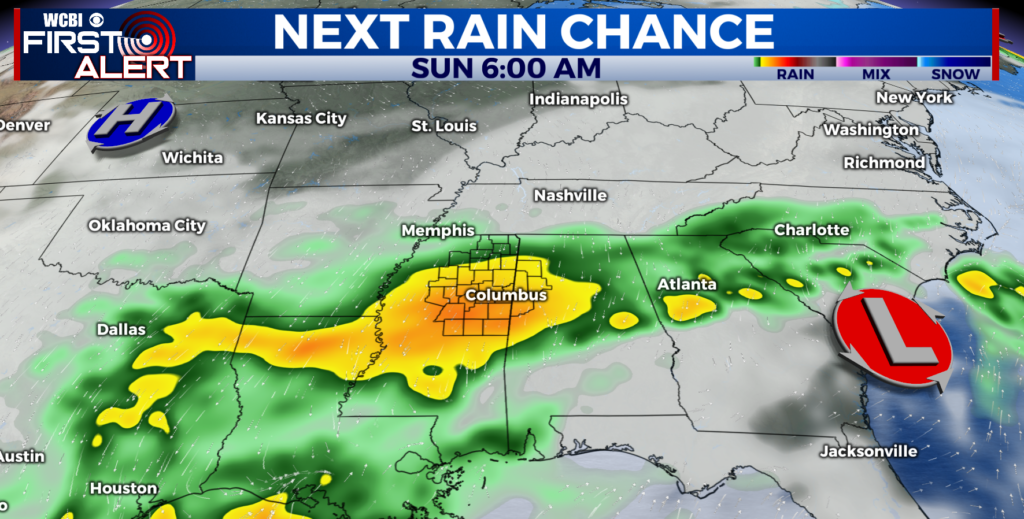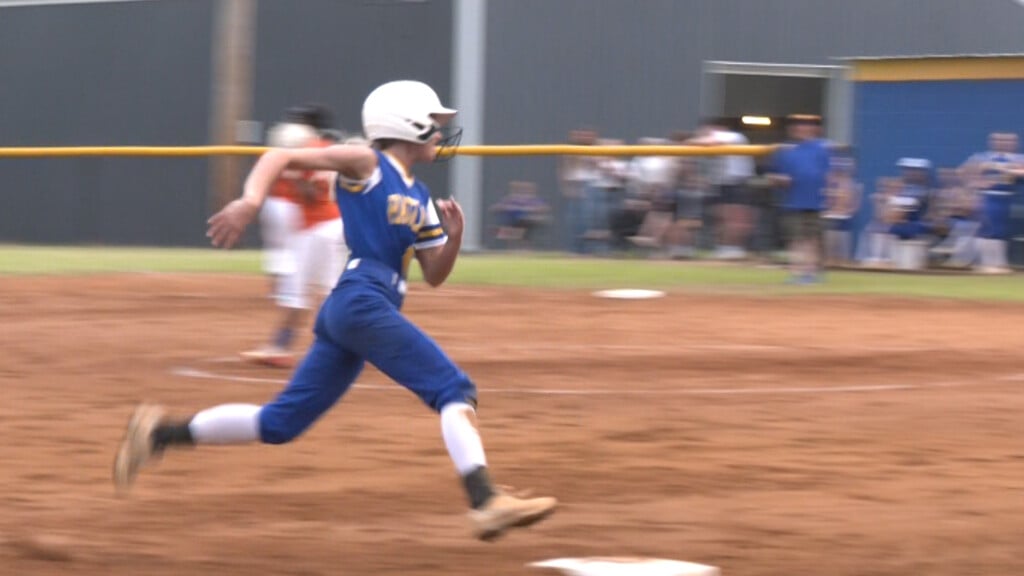Most Kindergarteners in State Aren’t Prepared
By Jeff Amy/Associated Press
JACKSON – A first-ever look at whether Mississippi’s kindergarten students are ready to learn to read shows that two-thirds are not.
Those results, released Friday by the Mississippi Department of Education, will be used by proponents to call for more state spending on prekindergarten classes, and to tailor efforts to help students improve before third grade. By then, educators are required by state law to flunk students who don’t read at least at a basic level.
“To be honest, I think it validated what I was expecting,” state Superintendent Carey Wright said. “It did not surprise me that the data were as poor as they were, but it also convinced me we were headed in the right direction as far as early childhood.”
State officials said they want to dig further into the numbers to see which preschools are producing well prepared kindergartners. Right now, there is little guidance on academic preparedness for parents choosing who will care for young children.
Parent Lindsey Hoskinson said that when her family moved to Mississippi, she had trouble with the first child care center she chose, ultimately choosing a second one in Brandon, where her family then lived.
“They weren’t perfect, but overall we felt like the people there cared about him, which was important to us,” Hoskinson said of the second choice. Her son just started kindergarten at Madison Crossing Elementary in Madison County, where the family now lives.
Kindergarten teachers have long evaluated what incoming students know using their own methods, but more formal kindergarten assessments have been spreading. According to the Education Commission of the States, 21 states have or are developing statewide measures.
Mississippi’s new numbers come from a test of all 40,000 kindergartners in public schools, given within the first month of school this year. The state paid for the tests as part of a $1.1 million contract with Renaissance Learning. They’re meant to measure if students have acquired the skills that are the building blocks of literacy, such as knowing the alphabet, recognizing their own name, or even being able to hold a book right side up. Kim Benton, chief academic officer for the state Department of Education, said some children may not even have such basic skills.
“When they see a book, they don’t know it’s upside down,” Benton said. “They might not know it’s a book.”
The test has a benchmark score of 530. Based on a study done by Renaissance, 84 percent of students who score at that level or above when they start kindergarten are proficient at reading by the end of third grade. Students who score 530 can’t read, but know the alphabet and what sounds letters make. They are beginning to understand how reading works.
Third-grade is a crucial measurement for Mississippi because of a state law requiring that students be retained if they can’t read at least at a basic level. Benton said Thursday that 6,500 students could be in danger of not meeting those requirements.
The scores will bolster state Superintendent Carey Wright’s push for more focus on preschool. The state is spending $3 million this year to fund preschool slots through community-based early learning groups. The department is also applying for a $15 million federal grant and wants more money from the Legislature to expand that effort.
State officials said they couldn’t immediately explain the variations in readiness scores among districts, with some impoverished districts scoring high and some better-off districts scoring low. Kosciusko Superintendent Tony McGee said kindergartners there, who had the lowest average score in the state, may not have been truly comfortable taking a test on a desktop computer with a mouse.
“We just have to take them from where we get them and try to move them along as well as we can,” McGee said.





Leave a Reply